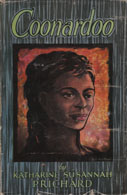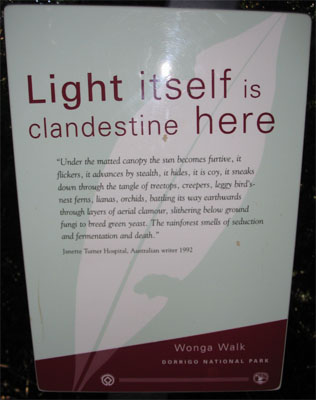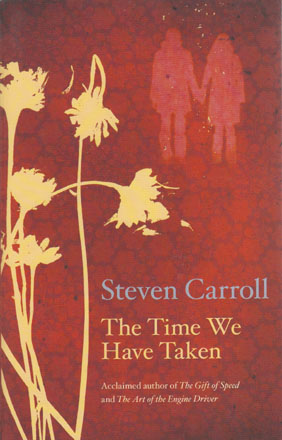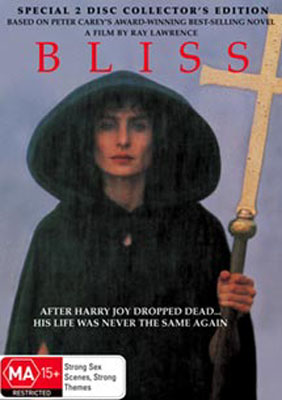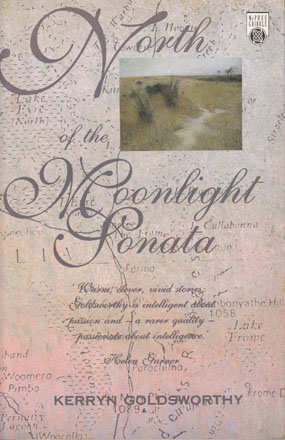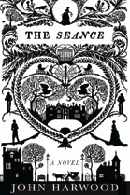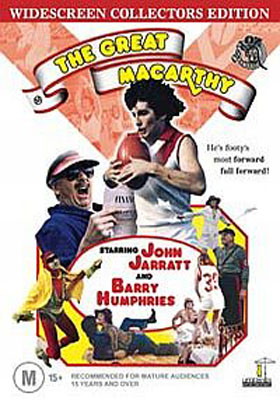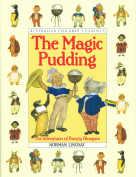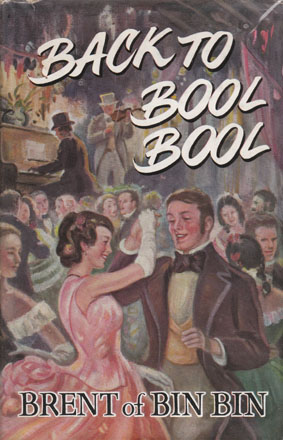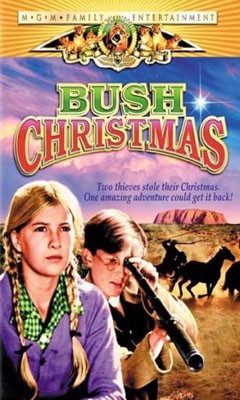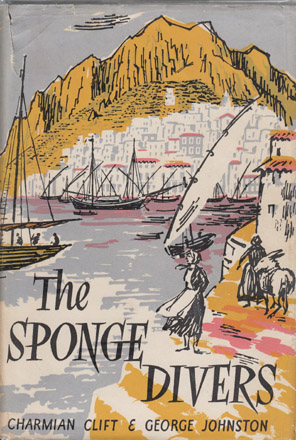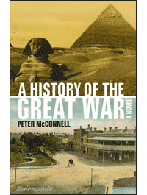In Edward Dyson's work there are few of the qualities that make for permanency and many of the weaknesses that ensure oblivion. It cannot be said that he was a great writer, even in a literature of which the adjective has always to be used at the critic's peril. Yet there is none of his representative work which, if it were being written now, would not brighten any paper that published it. His best book, Fact'ry 'Ands, has importance above the fact that it bred the Sentimental Bloke, and also above its unattractive title.
In the more popular The Golden Shanty Dyson's faults are most glaringly apparent. Scarcely anybody in it has real life, and the narrative content is slight, except in the title story, a whimsical fancy not at all badly handled. Generally, it is surface stuff, and the efforts to get under the surface here and there develop, as in "Mr. and Mrs. Sin Fat," into melodrama, or merely leave the impression, as in "After the Accident," of piling on the agony. Most of the humor, too, depends on polysyllabic meanderings such as:-
...his ever-watchful eye is open to detect an opportunity, however trifling, of increasing his diurnal income, and when he espies a goose, obese and matronly, making frantic endeavours to squeeze her portly form through a small aperture in a fowl-house behind a private residence, his soul is instantly fired with a desire to possess her -- to call her his own, if only for a few hours.
It is an easy thought that the influence responsible for that kind of word-spinning is indicated in what he wrote, apropos of himself, in 1912:-
To succeed fairly well from the breadwinner's point of view, as a semi-detached contributor in Australian journalism, this machine-like productiveness is essential. Quantity pays better than quality...
like Trollop's more historic one, a rather risky revelation. But the fact is that in this book that style is inherent. If it were not; if it were written on the quantity-pays principle only, it would almost certainly have been pruned on the way from newspaper columns to book; though there may be an indication that Dyson was a little careless of his work in the fact that in one story in this same book there is a fight over a barmaid, and then the
first fight over her is described as happening several pages further on. But, for all the diffuseness and the shakiness of most of the narrative, the book is rich in a specific Australian atmosphere as any other collection of sketches outside Lawson.
The Australia Dyson specialised in was that of the worked-out Victorian goldfields, about which he himself fossicked before he was eleven, "wagging it" for the purpose. Though his pen never sank deeply into the character of his bush people, they live very clearly in a surface fashion, and the dirt on their boots is not all that is peculiarly Australian about them. The Golden Shanty and much of Dyson's swinging but indifferent verse came from that goldfields' fossicking, of which easily the best find was the knowledge he acquired of the coolie Chinese, whom he hated, and who have their bland revenge in being the truest creations in this section of his work. Here and elsewhere he wrote directly from experience -- a trifle too directly. At 12½ he was "assistant and housekeeper with a hawker of drygoods," doing the mining fields and navvies' camps, experience that broke out in the farce of Tommy the Hawker.
The work that seems to me easily his best, the abominably titled one, also came directly from experience; two or three years of his youth were spent in a Melbourne factory. There is a remarkable difference in the styles of The Golden Shanty and this book. Instead of the long wordspinning there is brisk and even snappy statement. Merely, "He suggested an amorous adjutant bird," conveys Mr. Ellis. The style is sustained:-
The idea of Fuzzy as a lover was the acme of the incongruous; he was so arid, so nervous, so thin, and so unhuman. No one had any idea of his age, but he looked like a man who had dried up at the age of thirty-six, and had since been free of all human infirmities...
That afternoon Fuzzy gave Sarah a brooch. It was of an ancient device, and had lost a stone, but was large and had some value as old gold... "You do so grow on a body," she whispered one morning, and this excited Fuzzy to such a degree that he was bumping into things three hours later.
There is direct action and ginger in it, as there is also in the incident of most of these stories, which altogether, and in one instance in particular ("A Question of Propriety"), present a picture of Australian factory life of very uncommon clearness, and, for all its caricatures, of fine human truth. For
Fact'ry 'Ands alone Dyson deserves to be remembered -- that is, read -- gratefully by Australia for at least a little longer.
First published in The Bulletin, 9 September 1931
[Note 1: Edward Dyson died on 22 August 1931.
Note 2: To the best of my knowledge there have only been two editions of Fact'ry 'Ands - the original George Robertson edition from 1906 which contained 18 of the stories, and the 1921 NSW Bookstall Company edition which included only 12 stories. The latest copy of the first edition I've seen was priced at $125. So it's not a book that's easy to get a hold of in printed form. You can, however, go to our friends at Project Gutenberg Australia where a number of Dyson's works are available, and download a copy of this book from there.]
